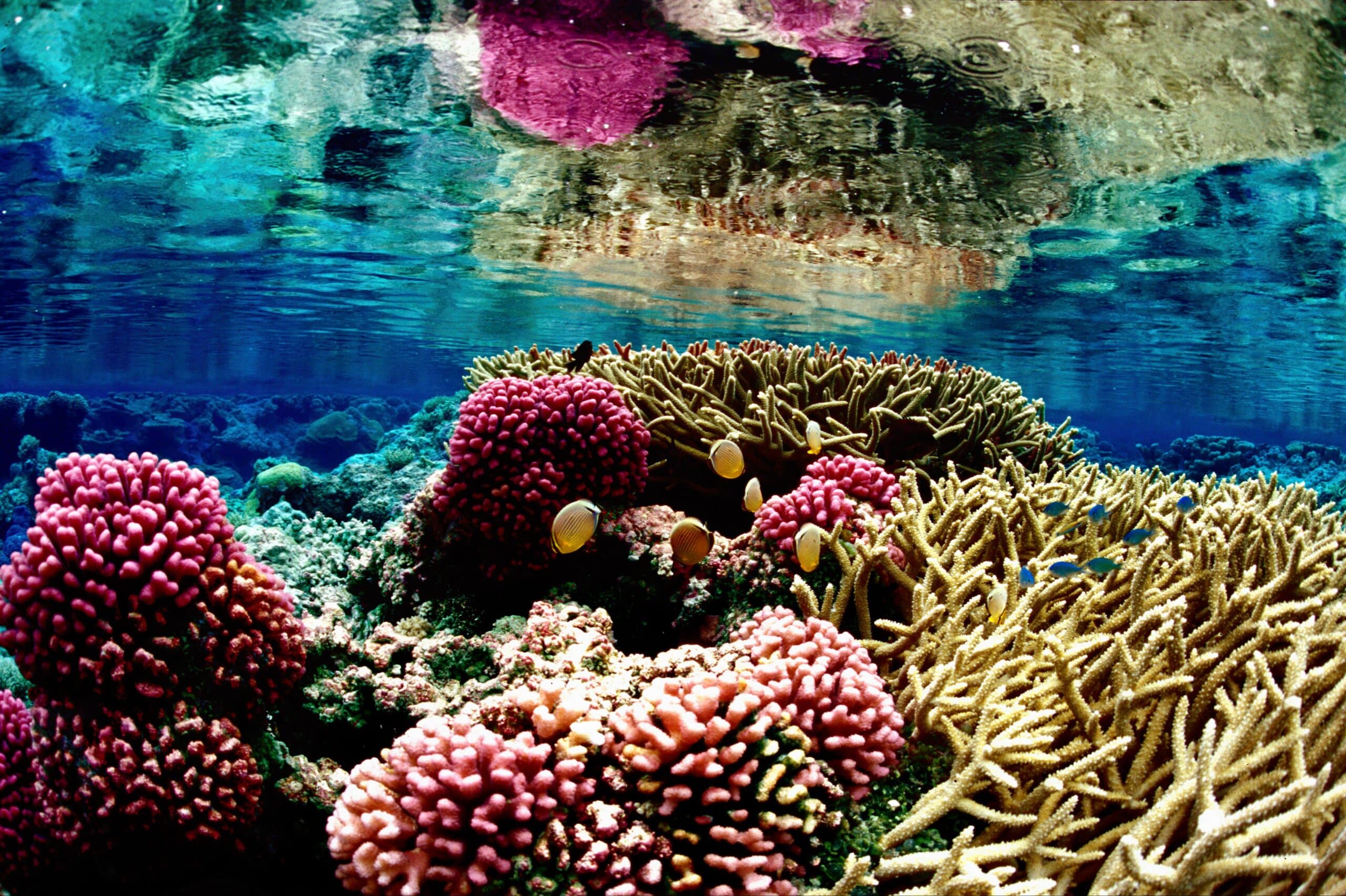Wondering what went right this week in the conservation world? We’ve got you covered with our Conservation Optimism Round-Up! We are collating stories of optimism from around the globe so that you never miss your dose of weekly motivation.
1. Science and culture join forces to restore 120 miles of Hawaiian reefs
” A new program in Hawai‘i, known as Ākoʻakoʻa, will focus on restoring 193 kilometers (120 miles) of coral reefs off the west of the Big Island, which have been in decline for the past 50 years. ”
A new program in Hawai‘i will draw on the collaborative efforts of science and community to restore local corals and coastlines to make reef communities more resilient in the future. https://t.co/l9g5st8hqo #conservationoptimism #coralreefs 🪸🐠
— InternetOfElephants (@ioelephants) June 20, 2023
2. Conservation leaders join forces on largest private grassland project in Canadian history
” Upon completion, this monumental undertaking will represent the largest private land conservation project achieved to date across the Canadian Prairies and the largest conservation agreement in Canadian history.”
Thanks to conservation efforts, 22,000 ha of #Canada's prairie #grasslands and #wetlands will be conserved, providing critical habitat for 13 #speciesatrisk!#protectedarea #nature #wildlife #biodiversity #optimism #conservationoptimism #LetNatureThrive https://t.co/NOGa4GLgho
— Global Conservation Solutions (@_GCS_) June 24, 2023
3. Blunt-Nosed Leopard Lizards Return to the Panoche Hills Plateau
” On May 17, 2023, five female and five male year-old blunt-nosed leopard lizards were transported from the Fresno Chaffee Zoo in large coolers to the Panoche Hills Plateau for release. ”
Another story of #ConservationOptimism @ConservOptimism https://t.co/eFd1CMQ9iA
— Pamela Mitchell (@naturesweb1) June 22, 2023
4. Success! Fin whaling in Iceland is suspended after officials say hunts are unlawful
” The Icelandic government has suspended all fin whaling, with immediate effect, until at least the end of August, on the grounds that it breaks Iceland’s own animal welfare laws. On top of this, no new licences have been issued for 2024 onwards. ”
GOOD NEWS! #ConservationOptimism #whales https://t.co/ctLsKszNsl
— Liz (@thegsyscientist) June 20, 2023
5. ‘Extinct’ butterfly species reappears in UK
” The species, previously described as extinct in Britain for nearly 100 years, has suddenly appeared in countryside on the edge of London. Small numbers of black-veined whites have been spotted flying in fields and hedgerows in south-east London. “
For the first time in 100 years, the Black-veined White #Butterfly has been #rediscovered in the #hedgerows of south-east #London in the #UK!#conservation #wildlife #speciesrediscovery #rediscovery #lostandfound #conservationoptimism #LetNatureThrive https://t.co/bmWjSpFNxK
— Global Conservation Solutions (@_GCS_) June 19, 2023
6. Rain gardens filter out tire toxin lethal to salmon, B.C. study shows
” A first-of-its-kind experiment in a rain garden in Vancouver, B.C., has shown green infrastructure can remove more than 90% of a tire toxin highly lethal to salmon. “
Some good news for a lil afternoon pick me 🆙 #OceanOptimism #pickmeup #goodnews https://t.co/s8yFezIcP6
— scuba_franny (@scuba_franny) June 22, 2023
7. Governments formally adopt High Seas Treaty, paving the way for greater ocean protection
” UN members today formally adopted a High Seas Treaty aimed at conserving marine life and restraining harmful activities across the two-thirds of the ocean that lie beyond national jurisdiction. The text was agreed last March following a marathon negotiating session, but additional time was needed for translation into UN languages. ”
Great news for the two-thirds of our ocean that lie beyond national jurisdiction 🌊!
— WWF EU (@WWFEU) June 20, 2023
Now, UN member states - including the EU 🇪🇺 - must ratify the agreement ASAP to bring it fully into force.
WWF's statement on the #HighSeasTreaty 👉 https://t.co/VIKCyTwXt8#BBNJ… https://t.co/yl1k4dlJX0
Have a story to share for our weekly round-up? Use #ConservationOptimism on Twitter, Facebook, LinkedIn and Instagram!


